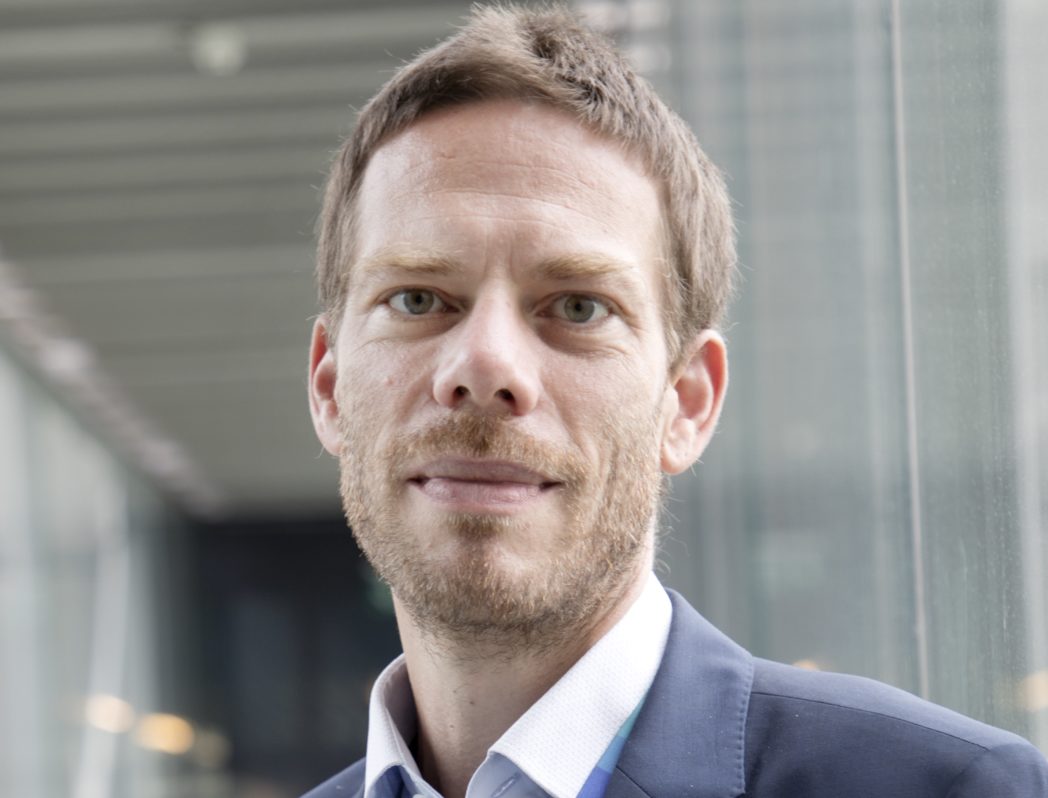In examples such as Smart Grid, Smart Cities, Automotive, and Industry 4.0, the team led by Christian Neureiter, together with business partners, develops methods for reliably developing such complex systems. Josef Ressel Centers are characterized by the cooperation of science and industry, which jointly advance application-oriented research. Christian Neureiter explains his research to us.
You are researching cyber-physical systems – what does that mean?
This refers to a combination of hardware and software, such as software-controlled production facilities or autonomous driving cars. A critical aspect here is naturally reliability. For example, if an artificial intelligence in an online shop makes bad recommendations to the customer, not much happens. But if the software of a self-driving car makes a mistake, the consequences can be dramatic. So, it’s about ensuring that such systems work reliably in everyday life. To take into account critical properties such as reliability or safety “by design,” such systems must be viewed holistically and interdisciplinarily. That is also the motivation for our research: How can we enable a common understanding across all disciplines to create the basis for reliability?
What is meant by System-of-Systems?
The advancing networking holds the potential for more intensive cooperation between different systems. When systems decide to cooperate voluntarily to enable greater benefits, this is also called “System-of-Systems.” An example of this would be cooperation between the power grid and electric vehicles to make charging smarter.
What would be the greater benefit in our example of an electric car – power grid?
This could, for example, be more efficient use of the power grid while ensuring reliability. With price-controlled charging of electric vehicles, there could be many simultaneous switching operations, which could lead to undesired effects such as oscillations in the grid in the worst case. This is referred to as emergent behavior. To address this aspect in time, the simultaneous consideration of vehicles and the power grid is necessary – which in turn requires interdisciplinary cooperation between people from the automotive and power grid domains.
What needs to happen for systems to work together?
Systems become more complex by being connected to other systems. To be able to manage this, the people in the system need to come together. At the core of our research, it’s actually about people. They speak different languages of expertise, work with different methods, taxonomies, and terms. For example, the term “function” has a completely different meaning in software engineering and hardware engineering. In our research, we try to create a unified approach. This can be imagined with a small analogy from house construction. Here, architects, electricians, and plumbers have learned to work with 3D models together. Modeling is therefore an answer to complexity. The challenge here is to find a unified modeling concept.
What role do industry partners play in research?
Our industry partners play a crucial role, not only through funding our research and providing input, but also in making this center possible. The drive to establish the center was to institutionalize existing expertise structurally, an initiative that was well received and actively supported by our partners. We are particularly proud of the mix of our partners. In addition to the well-known global players Bosch and Siemens from Germany, we also have two particularly innovative Salzburg-based companies, GeoConsult Group and Has to be GmbH, on board. These partners and the combination provide a fantastic breeding ground for innovation.
How important is the connection to industry for you?
Very important. My own background is industrial, and I landed in academia almost by chance. Through my work at Salzburg AG in the context of the “Smart Grid Model Region Salzburg,” I had the opportunity to move into higher education with the founding of the first Josef Ressel Center in Salzburg. However, the connection to industry is still very important to me. That is also the reason why I have kept an industrial foothold. On the one hand, this grounds our work, and on the other hand, it provides the basis for research ideas and projects. This form of collaboration requires a lot of trust.
What fascinates you about Systems Engineering?
What fascinates me is that it’s really about bringing people together. As a natural generalist, I have always found it exciting to bring the individual puzzle pieces together, not just technically, but especially on the human and organizational level. And that’s actually what’s exciting about Systems Engineering: successful Systems Engineering doesn’t happen by prescribing new methods, but rather by integrating the people involved within an organization. There is a nice saying: “What does a math teacher teach? Simply put, children.” And it’s a bit like that in Systems Engineering. Interdisciplinary development begins with interdisciplinary teams, that is, the people who work together.
